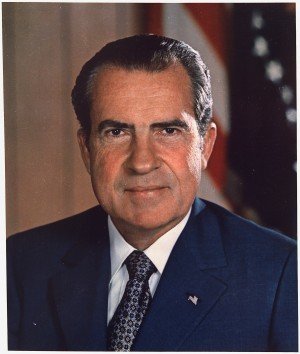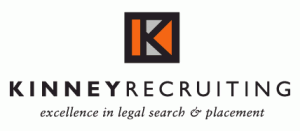
(Image via Getty)
Well, Donald Trump was not convicted in his impeachment trial. Somewhat surprisingly, seven Republican senators did break ranks, and decided not to go down in history as antidemocratic shills for a disgraced wannabe dictator. Still, a bipartisan vote of 57 in favor of conviction, with 43 Republicans against, fell short of the two-thirds majority required to make sure Trump is never able to run for office again.
It’s a bittersweet result that is not completely foreign to the litigators of the world. Democratic prosecutors delivered a gripping, compelling argument, complete with dramatic and previously unseen video evidence. The case for conviction was simultaneously hard to watch and impossible to look away from. Trump’s defense team, meanwhile, alternated between blathering, incoherent nonsense, and blatantly misstating both facts and law (“One of the first people arrested [in the riot] was a leader of antifa,” lied Michael van der Veen; “There was no insurrection,” said Bruce Castor, to head scratches from everyone who has seen a screen since January 6). Trump’s lawyers couldn’t answer basic questions, even from Republicans. They hostilely dodged questions from Democratic lawmakers. The obvious difference in preparation was like a comprehensive book report delivered by Lisa Simpson versus one Bart improvised on the spot based on the title.
Yet, technically, Trump’s legal team won. Largely, this has been blamed on the runaway American partisanship that facts and logic seem powerless against — and surely that is correct. But there was another nuance to the Democrats’ defeat: good advocacy simply doesn’t work all that often.
As a lawyer, this can be a difficult reality to accept. Personally, in addition to going to law school, of course, and having spent a decade practicing at this point, I also dedicated three years of my life to teaching aspiring lawyers how to be better advocates. That’s a lot of effort to put into something that doesn’t matter. Yet, anyone who has been litigating long enough can instantly think of examples of powerful cases impressively delivered by seasoned advocates which nonetheless fell victim to a litigation strategy seemingly scrawled out on a bar napkin the night before.
And sometimes that is the right result. At the things-are-working end of this phenomenon, the facts just aren’t in your favor. I’m fond of telling clients (and potential clients, to the probable detriment of my receipts), “Judges generally are not going to punish someone who should win the case just because that person retained a bad lawyer.” Even a bad, unprepared lawyer should win against an exceptional opponent who worked her fingers to the bone preparing her arguments, when the latter’s client is actually in the wrong. On the other hand, at the oh-shit end of the spectrum, where no level of advocacy matters because minds have already (wrongly) been made up, you have the latest Trump impeachment, or, say, the presence of a clandestine racially prejudiced jury member.
The big question, for litigators at least, is how often do their efforts actually matter in terms of potentially changing the outcome? Twenty percent of the time? Thirty? Experts tend to agree that while it’s very hard to get people to change their minds on major issues, like their politics, argumentation is generally pretty effective in more mundane situations, such as influencing which restaurant your group decides on. Where an initial view of the proper outcome of a legal case falls on a juror’s scale of open-mindedness is itself an open question. Regardless, the presence in our culture of big, high-profile cases where good advocacy clearly mattered big time (O.J. Simpson) is always going to convince people with enough money that it’s worth spending a little of it just in case their case is one of those in which a good advocate might make a big difference.
As for Trump, it sure wasn’t the quality of his team’s advocacy that spared him from conviction. But conviction wasn’t ever really the point. The real audience wasn’t 100 senators, most of whom had already made up their minds before the proceedings began. The real audience was 328 million Americans, who saw exactly what happened on January 6, and in the months leading up to it. For that audience, the Democrats nailed it, and only time will tell whether their solid advocacy mattered or not.
Jonathan Wolf is a litigation associate at a midsize, full-service Minnesota firm. He also teaches as an adjunct writing professor at Mitchell Hamline School of Law, has written for a wide variety of publications, and makes it both his business and his pleasure to be financially and scientifically literate. Any views he expresses are probably pure gold, but are nonetheless solely his own and should not be attributed to any organization with which he is affiliated. He wouldn’t want to share the credit anyway. He can be reached at jon_wolf@hotmail.com.



 Jordan Rothman is a partner of
Jordan Rothman is a partner of 












